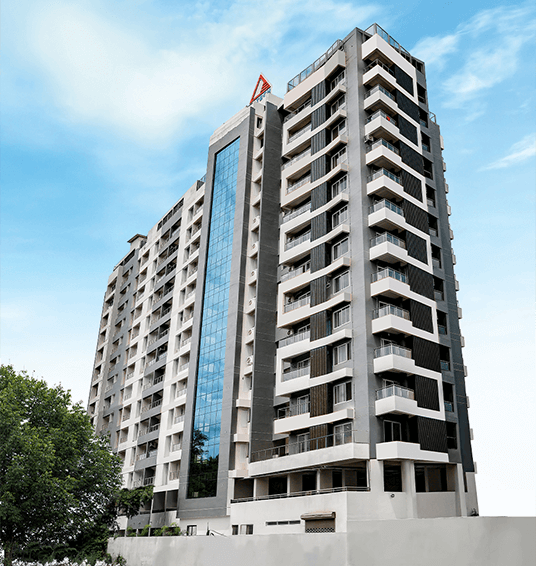
While buying a home of your own can be exciting, an important factor to keep in mind is its financing. The trend in India is to make an initial down payment and then use a home loan from banks to finance the remaining cost of the house.
Taking a home loan isn’t a straight forward task and you will first need to know if you are eligible for a home loan. While every bank has its own set of rules and regulations regarding loan eligibility, you will first need to shop around for one that gives you the best interest rates and highest loan amounts possible. This will also influence the type of home you can afford to buy. Here’s a look at some factors that determine your eligibility for a home loan:
Age of Applicant
Home loans can be stretched for as long as 30 years with the age of applicant’s retirement being taken as the capping period. While the minimum age for a loan application is 18 years, the maximal age for loan completion is 70 years. Hence, a younger loan applicant can get longer loan tenures than older applicants as they have longer working years ahead of them.
Good Credit Score
Also known as the CIBIL score, your credit score reflects your credit-worthiness. Before applying for a home loan, ensure that you don’t have any pending credits and loans to improve your chances of getting your loan approved. Ideally, you should have a CIBIL score between 550 and 900; the larger the number, the greater your chances of approval.
Location of Property
Your loan eligibility is affected by the age and location of the property you are planning on buying. If it is not within the geographical limits set by the bank, there are chances of your loan getting rejected. If the life of the property is less than the loan tenure required, your application might also get rejected.
Down-Payment
You will need to make an initial down-payment for the property you are buying as banks can only give up to a maximum of 90% of property’s value, as per RRBI rules. However, the larger the down-payment you make, the smaller your loan amount and interests paid will be.
Monthly Income
The EMIs calculated shouldn’t exceed 40% of your monthly income or chances of your defaulting will increase.
Employment
Banks prefer giving loans to those with greater than two years of salaried experience or those with personal businesses running for over three years.
Finally, having a good relationship with the loaner bank also helps.












